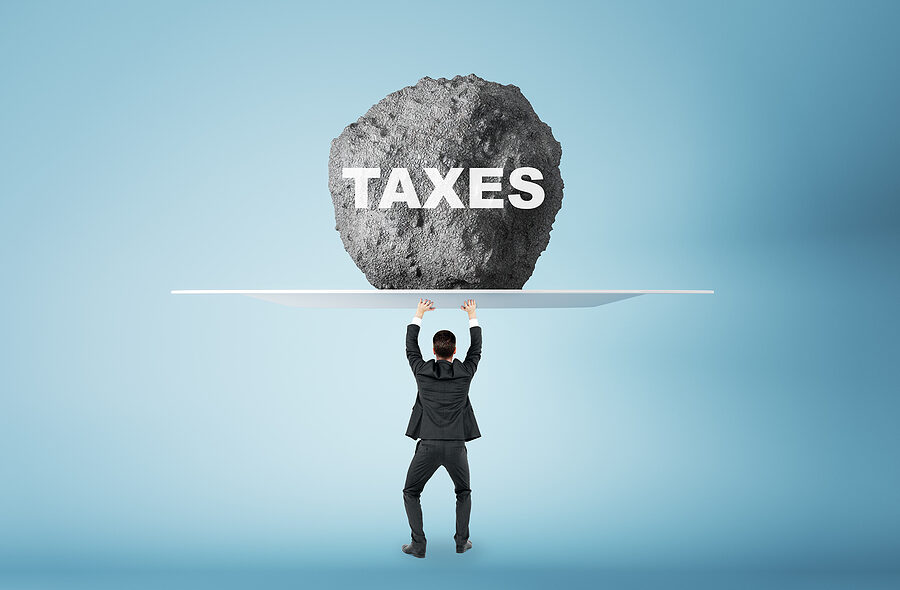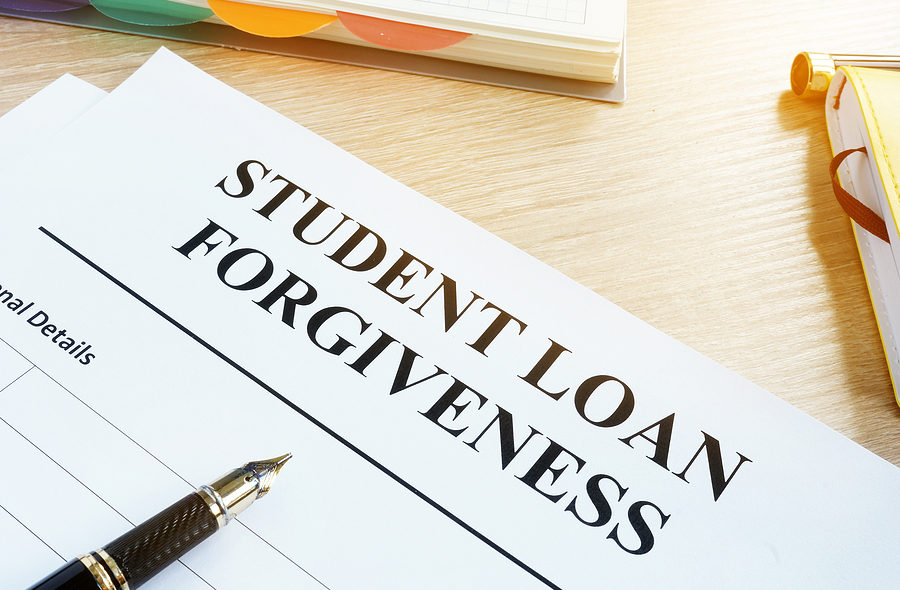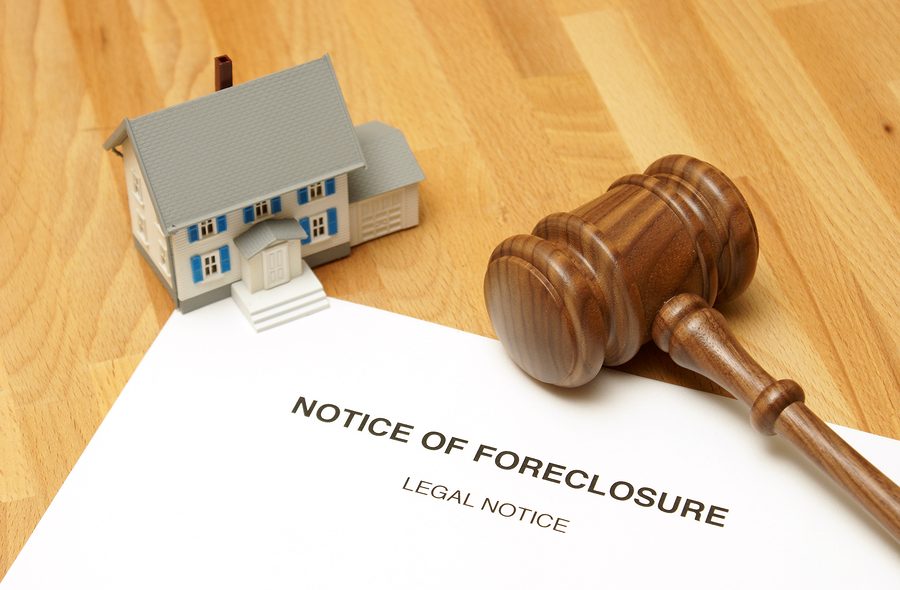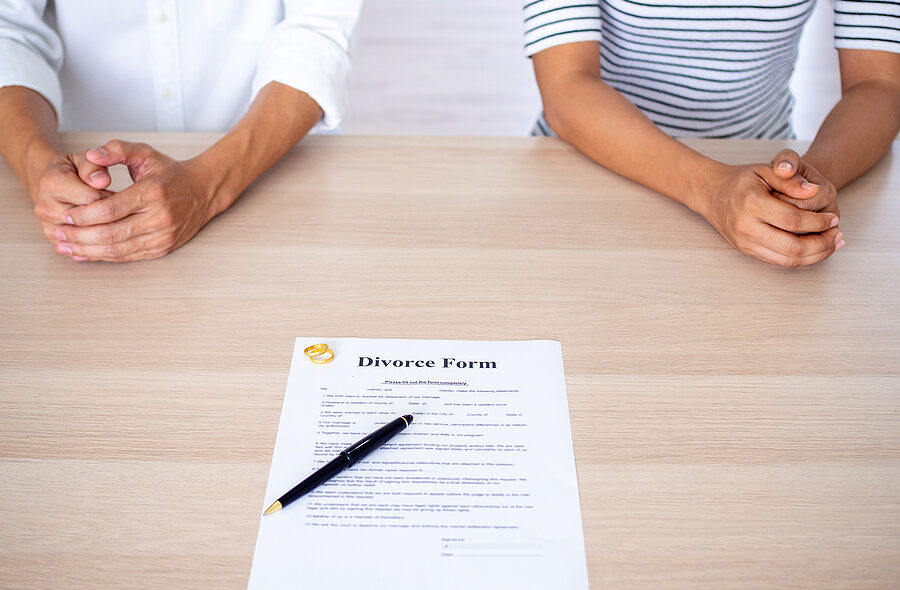More consumers are racking up credit card debt at a pace not seen in decades as interest rates rise and inflation continues to pervade the economy. Many consumers in South Florida are struggling to manage this debt and as a result are in a vicious cycle that they cannot seem to escape.
Total credit card debt was on the rise towards the end of 2022. According to TransUnion, the average credit card user carried a balance of $5,805 over the last three months of 2022. This number is up 11 percent (11%) from 2021.










